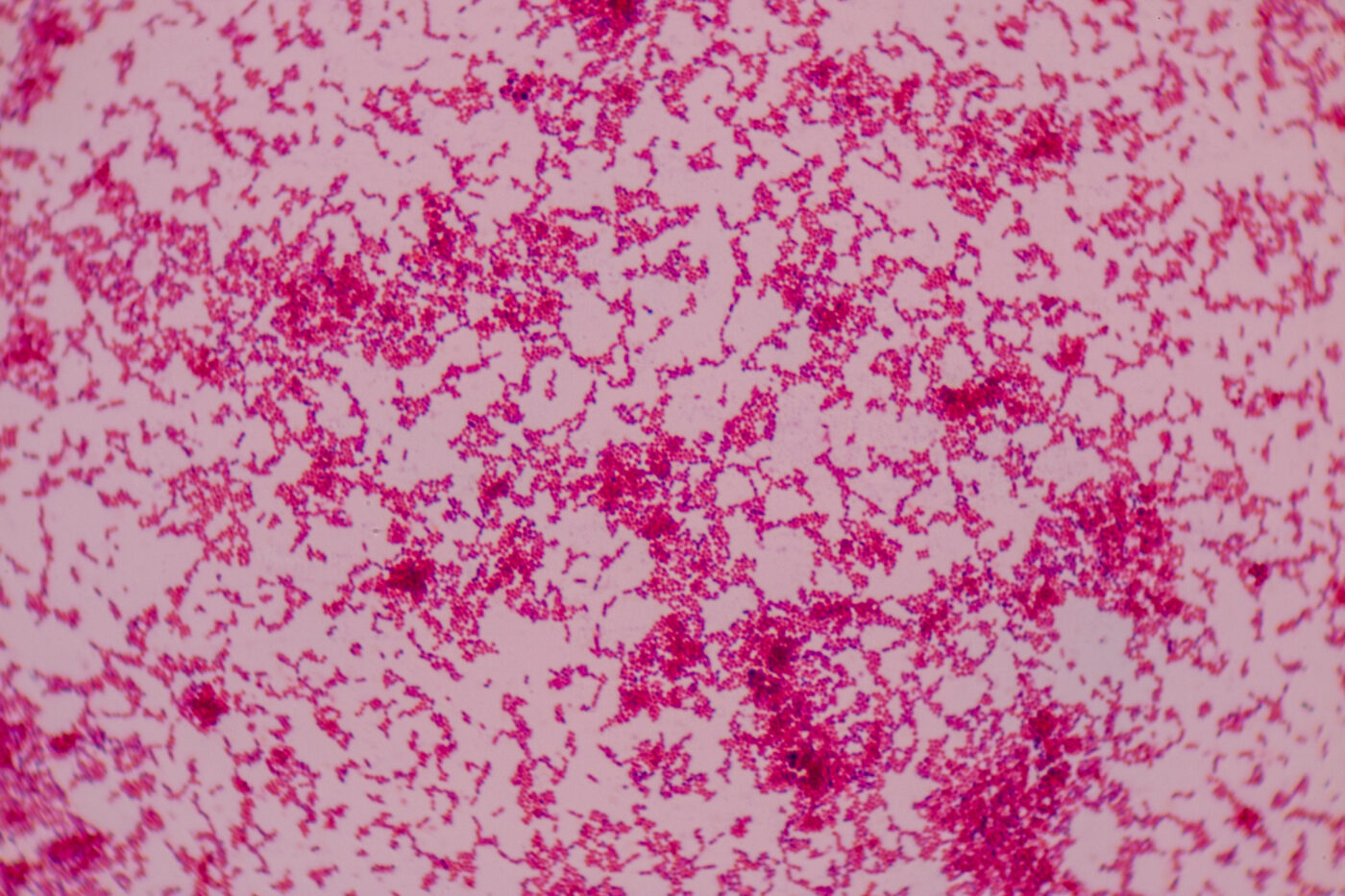Stage 4 cancer represents the most advanced form of cancer, where the disease has spread beyond its original location to other parts of the body. Despite this serious diagnosis, there is still hope for patients and their families. Stage 4 cancer can rarely be cured completely, but this disease can still be controlled for a long time. Modern drugs allow doctors to restrain tumor growth for years, and when they stop working, other drugs are used to regain control of the oncological disease. We will tell you about stage 4 cancer treatment with new methods and drugs.
Personalized Drug Therapy
The basis of treatment for stage 4 cancer is drug therapy. Oncology scientists are discovering new tumor markers that enable the introduction of new drugs. Doctors are using molecular genetic testing to select personalized treatments that target specific abnormal proteins or gene changes in cancer cells. This testing allows oncologists to identify which treatments are most likely to be effective for each patient while avoiding therapies that are unlikely to work. The ability to tailor treatment plans based on a patient’s unique genetic profile has revolutionized cancer care in recent years.
The following types of drug treatment can be used for stage 4 cancer:
- Chemotherapy suppresses cancer cell division
- Targeted therapy targets specific molecules in cancer cells
- Immunotherapy boosts the anti-tumor immune response
- Hormone therapy usually aims to reduce the levels of certain hormones that stimulate tumor growth
- Antiangiogenic therapy deprives the tumor of a full blood supply, thereby blocking the process of new blood vessel formation
More and more cancers are being treated with conjugated antibodies. These are monoclonal antibodies that target specific molecular targets in cancer cells. They are combined with chemotherapy drugs or radioactive substances. Once injected into the body, the antibodies deliver tumor-destroying substances directly to the cancer cells.
Metastasis-Directed Therapy
Removing or destroying individual metastases is a common approach in stage 4 cancer with a small number of metastatic foci. It is used to improve survival rates. In addition, even with multiple metastases, this tactic can be used as part of palliative care because suppression of individual metastases eliminates pain, bleeding, jaundice, or other complications.
After cancer staging, the patient may be offered various treatment options, depending on the clinical situation:
Surgical Procedure
For example, this can be cytoreductive surgery to remove tumor foci in the abdominal cavity. The procedure may be followed by hyperthermic intraperitoneal chemotherapy to destroy any remaining cancer cells.
Radiation Therapy
This treatment option is most commonly used to suppress tumor foci in the bone and brain.
Chemoembolization/Radioembolization
This treatment option is most commonly used for liver metastases from colorectal or other cancers. Doctors perform a minimally invasive procedure from inside the blood vessels to block the blood vessels feeding the tumor with tiny beads loaded with chemotherapy drugs or radioactive substances.
Intra-arterial Infusion
The method involves the placement of a device that continuously infuses chemotherapy drugs into the artery that feeds the tumor.
Innovative and Experimental Approaches
In advanced cancer stages, when standard treatment options have been exhausted, patients may benefit from alternative therapies or enrollment in clinical trials.
Many potentially effective experimental methods are likely to contribute to a good oncological outcome: oncolytic viruses, dendritic cells, DNA and peptide antiviral vaccines, CAR T-cell therapy, and others. Great hopes in oncology are associated with various areas of immunotherapy. It is considered to be the most promising area from which a breakthrough in the treatment of stage 4 cancer is expected.
Even standard methods are effective enough to control end-stage cancer for many years. You can get quality treatment abroad with the use of the very latest drugs and procedures. You are welcome to visit the BookingHealth website to find out prices, choose a clinic, make an appointment for treatment for your preferred dates, and get services to organize your trip abroad.


